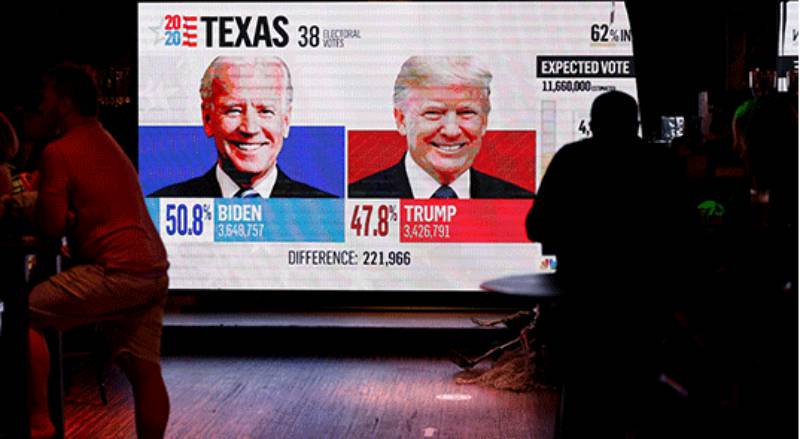×
The Standard e-Paper
Smart Minds Choose Us

President Donald Trump was leading Democratic rival Joe Biden in the vital battleground state of Florida on Tuesday, while other competitive swing states that will help decide the election, including North Carolina, remained up in the air.